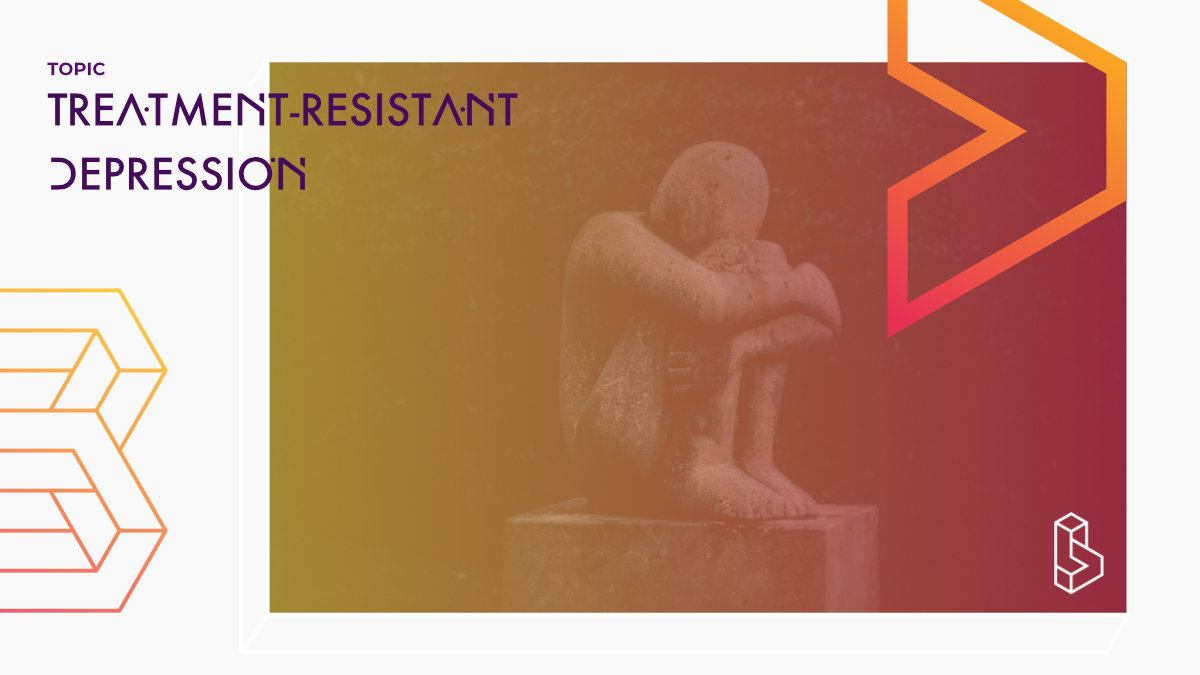About 30% or one in three of those suffering from depression are dealing with so-called treatment-resistant depression (TRD). The name refers to that these patients have tried at least two treatment options, without success. Psychedelics may offer hope to those suffering from TRD.
This topic is currently a stub, it will be expanded upon in the near future.
Highlighted Institutes
These are the institutes, from companies to universities, who are working on Treatment-Resistant Depression.
Revixia Life Sciences
Revixia Life Sciences is a biotech company developing Salvinorin A (salvia) for substance use disorders (SUD), treatment-resistant depression (TRD), and pain.
Compass Pathways
COMPASS Pathways is a publicly listed company (NASDAQ) that is developing psilocybin for treatment-resistant depression (TRD) for which it has completed a successful Phase IIb trial. COMPASS is one of the largest psychedelic companies and has received substantial investment from atai.
OVID
OVID is a spin-off from the MIND Foundation, and will develop psychedelic therapy (infrastructure) in Germany/Europe. The spin-off was done so that this (LLC-like) entity is able to train therapists and host the (to date largest) psilocybin study for depression.
Highlighted People
These are some of the best-known people, from researchers to entrepreneurs, working on Treatment-Resistant Depression.
George Goldsmith
George Goldsmith is the CEO, Co-Founder, and Chairman of Compass Pathways, which he has led since July 2016.
Linked Research Papers & Trials
Pro & Business members will be able to see all linked papers and trials directly on this topic page.
This information is still available for you by selecting Treatment-Resistant Depression on the Papers and Trials pages respectively.
See the information directly on this page with a paid membership.

